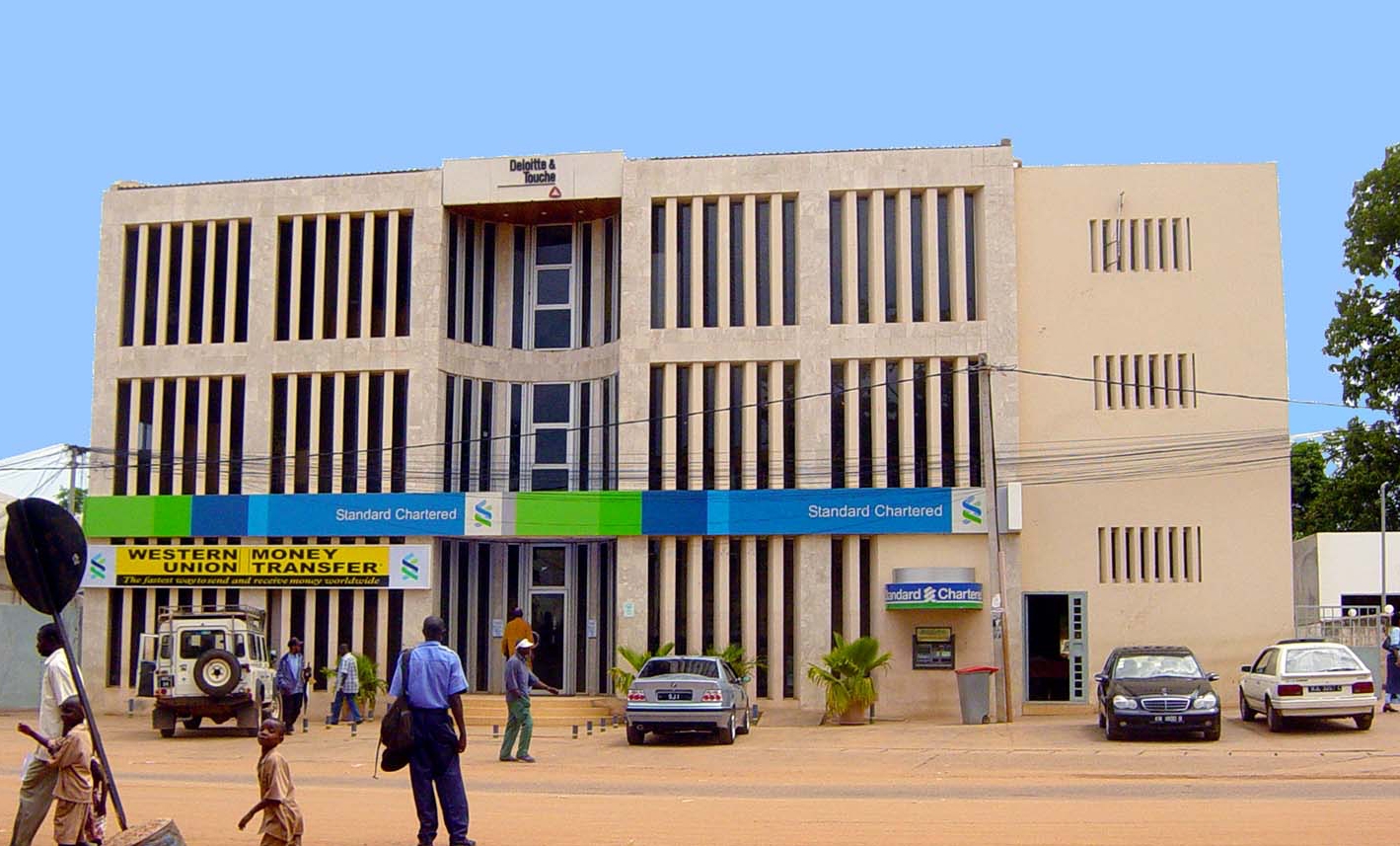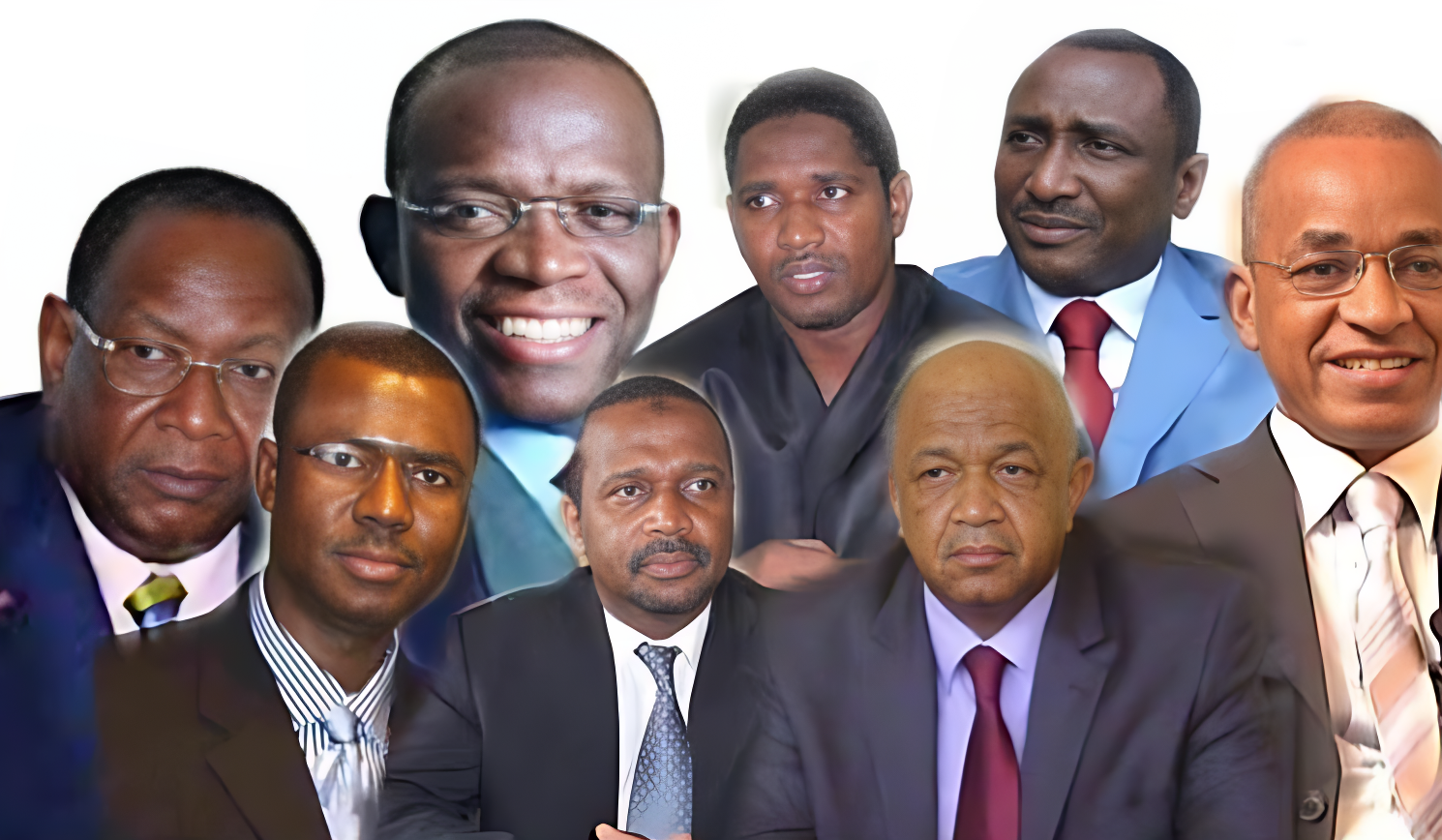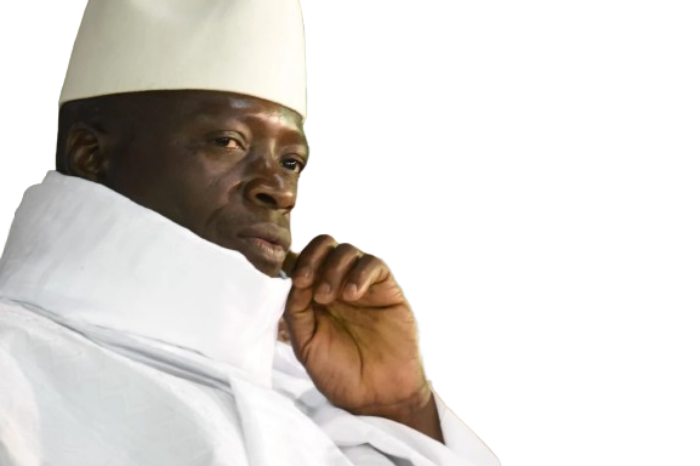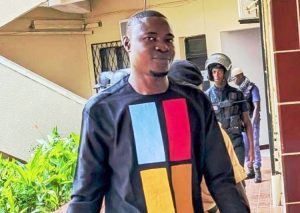Gambiaj.com – (BANJUL, The Gambia) – Former Gambian President Yahya AJJ Jammeh has once again plunged his “No Alliance” faction supporters into confusion, following a string of contradictory messages about his supposed return to The Gambia and a planned rally in his hometown of Kanilai.
In an audio message on Friday, October 24, 2025, Jammeh declared that he had “forgiven” all those he expelled or instructed to be expelled from his faction of the Alliance for Patriotic Reorientation and Construction (APRC). He further said that those who voluntarily resigned could also rejoin the party “of their own free will.”
While the tone of the message suggested reconciliation, it was quickly overshadowed by a series of conflicting announcements regarding Jammeh’s planned “homecoming” event.
A communiqué issued on Thursday invited the international community, media, and party members to Kanilai for a major gathering on Sunday, October 26, 2025, where Jammeh was reportedly set to make “a political pronouncement of national significance.”
His message hinted at a possible return to The Gambia, a claim that immediately sparked intense speculation and excitement among his loyalists.
However, just hours later, reports circulated that the event, and Jammeh’s anticipated return, had been canceled due to what he described as “unforeseen circumstances.” Instead, he promised to address the nation through a televised broadcast.
But the confusion deepened further when Jammeh’s media director, Sadibu Badjie Bajagarr, issued a new statement late Thursday night confirming that the Kanilai event would, in fact, go ahead as planned. Bajagarr assured supporters that “all arrangements are in place” and urged them to turn out in large numbers, accusing unnamed actors of attempting to “undermine” the gathering.
The contradictory messages have once again raised questions about Jammeh’s state of mind, his influence over the fractured APRC, and the reliability of communications emanating from his self-imposed exile in Equatorial Guinea.
Observers say the former president—who ruled The Gambia for 22 years before being forced into exile in 2017—increasingly appears detached from both the political and social realities of the country he once ruled with an iron fist.
“It’s a pattern we’ve seen before,” one political analyst told The Gambia Journal. “Jammeh’s pronouncements often begin with grandiose declarations and end in confusion. It’s as if he’s trying to maintain relevance from afar but has lost touch with how politics in The Gambia actually functions today.”
Critics describe the latest series of announcements as another example of Jammeh’s erratic behavior—a mix of nostalgia and political fantasy.
While some loyalists cling to the hope of his eventual return, many Gambians now see him as a relic of a bygone era, a leader trying to relive past glories through sporadic and contradictory messages.
Whether his newfound “forgiveness” marks a genuine attempt to unify his fractured movement or simply another episode in his long history of political theatrics remains to be seen.










